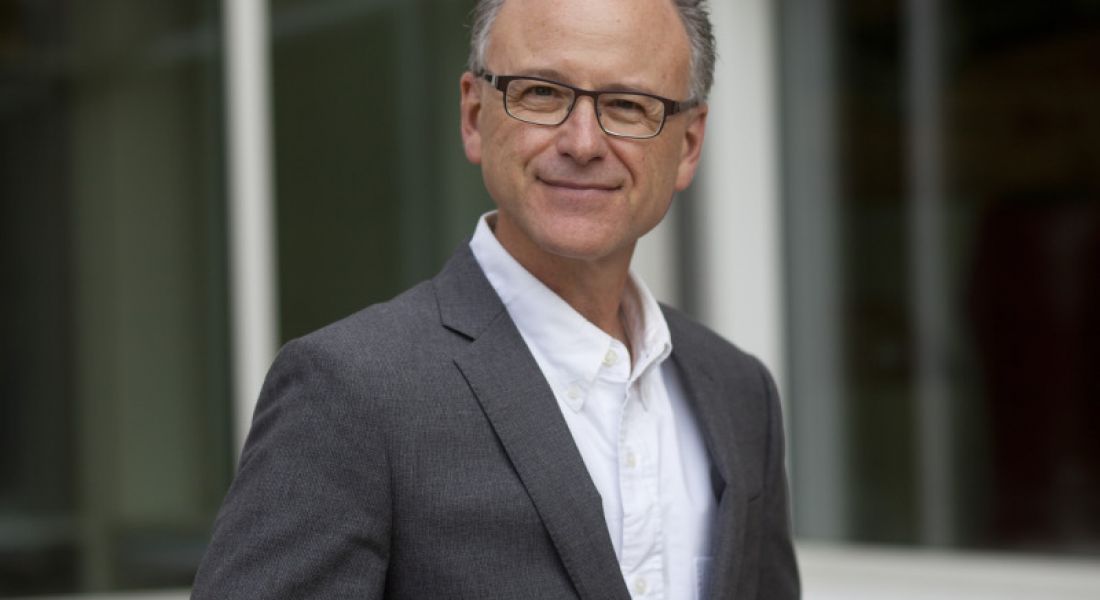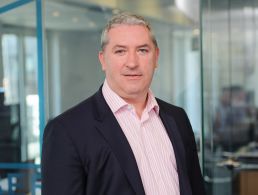Ahead of its National Management Conference, IMI asked some keynote speakers what are their key leadership insights for 2016.
The IMI National Management Conference comes to the IMI Conference Centre on 29 September. Under the theme, ‘Managing Disruption, Seizing Opportunity’, more than 250 C-suite delegates are expected to glean insights from local and global thinkers and leaders.
In advance of the event, four of these international speakers share their business insights for the year: Prof George Yip, Prof Adrian Furnham, Prof Sydney Finkelstein and Prof Frances Ruane.
Prof George Yip: China is the next innovation powerhouse
China is moving from imitation to innovation. Its vast, diverse and still-growing market, its legions of low-cost scientists and engineers, and its innovation ecosystem of research institutes, technology parks and universities have created a fertile ground in which Chinese companies are now innovating – not just for China, but for the world. As a result, the country has finally emerged from years of being seen as merely the factory of the world and is now rapidly assuming a new role: innovator to the world.
Prof George Yip
Prof George Yip is a professor of marketing and strategy, and associate dean for executive programmes at Imperial College Business School. Author of numerous books and contributions to more than 100 publications, his current research interests are innovation in China, how multinational companies partner with start-ups for innovation in China and India, market shaping design innovation, and the role of global account plans in corporate strategy.
Prof Adrian Furnham: Every disruption involves threat and opportunity
We live in turbulent times: times of both threat and opportunity. They really test managers.
So, what are the fundamental principles of good management to ensure staff are happy, motivated and productive? Can you teach experts to become good people managers and, if so, how? What is the role of money in motivation? And how can we engage rather than disenchant our staff?
We know from futurologists that the world of work is changing fast, even though many predictions have not come true. But where we work, for whom we work and with whom we work are all in flux.
How do you manage the older worker? What are young people really like in the workplace? What is the workplace and organisation of the (near) future going to look like?
Finally, I address the (continual) management of change. Which strategies work best and why? No one ever said managing people was easy, but we can learn to do it better and ensure our organisation thrives and survives in an uncertain world.
Nominated by HR magazine as one of the ‘20 Most Influential’ in HR, Prof Adrian Furnham is a Fellow of the British Psychological Society and is among the most productive psychologists in the world. He has been a consultant to more than 20 major international companies, with particular interests in top team development, management change performance management systems, psychometric testing and leadership derailment.
Prof Sydney Finkelstein: Great leaders create other great leaders
Imagine a world where the work you did really mattered. Where the person who you call your boss changed your life by helping you accomplish more than you ever thought possible. Where your own opportunities would multiply in ways you may have been afraid to even dream of. That’s the world of ‘superbosses’, leaders with an incredible track record of generating world-class talent time and again.
By systematically studying business legends and pop culture icons like Lorne Michaels, Ralph Lauren, George Lucas, Larry Ellison, Miles Davis, Charlie Mayfield and Alice Waters, what superbosses actually do comes into focus. And anyone can do these same things.
‘Superbosses aren’t like most bosses; they follow a playbook all their own’
– SYDNEY FINKELSTEIN
Superbosses identify, motivate, coach and leverage others in remarkably consistent, yet highly unconventional and unmistakably powerful ways. Superbosses aren’t like most bosses; they follow a playbook all their own. They are unusually intense and passionate – eating, sleeping, and breathing their businesses and inspiring others to do the same. They look fearlessly in unusual places for talent and interview them in colourful ways. They create impossibly high work standards that push protégées to their limits. They partake in an almost inexplicable form of mentoring, one that occurs spontaneously and with no clear rules. They lavish responsibility on inexperienced protégées, taking risks that seem scary and foolish to outsiders. When the time is right, superbosses may even encourage star talent to leave so they can then become part of a strategic network of acolytes in the industry.
Prof Sydney Finkelstein is a recognised thought leader on leadership, strategy and corporate governance, and is listed on the Thinkers 50 ranking of management thinkers in the world. He is well known for his keynote speeches and television appearances, and is a regular columnist for the BBC. He has also worked as a consultant and speaker for major companies around the world.
Prof Frances Ruane: Look positively beyond the immediate
Prof Frances Ruane
After a period of rapid growth, the global financial crisis meant that Irish businesses had to concentrate on handling immediate challenges. They managed that disruption well and this contributed to the strength of Ireland’s recovery.
But the focus on the immediate has left many businesses with legacy issues (debt burdens, under-investment in innovation, poor staff morale). And now businesses need to prepare for the medium-term when we discover what is really meant by ‘Brexit means Brexit’.
Forward-looking businesses leaders need now to ask: what could Brexit mean for my market and company? Where am I exposed to risk and how can I mitigate it?
Prof Frances Ruane served as director of the ESRI from 2006 to 2015. She previously taught in the Department of Economics at Trinity College Dublin and current activities include an honorary professorship in this department, chairing the Interdepartmental Group on Making Work Pay for People with Disabilities at the Department of Social Welfare,and membership of the Public Interest Committee of KPMG. She is also a Research Affiliate at the ESRI and a member of the Royal Irish Academy. Her current research interests are in enterprise development and FDI policy.
The IMI National Management Conference will take place on 29 September at the IMI Conference Centre, Dublin. Click here for more information.




